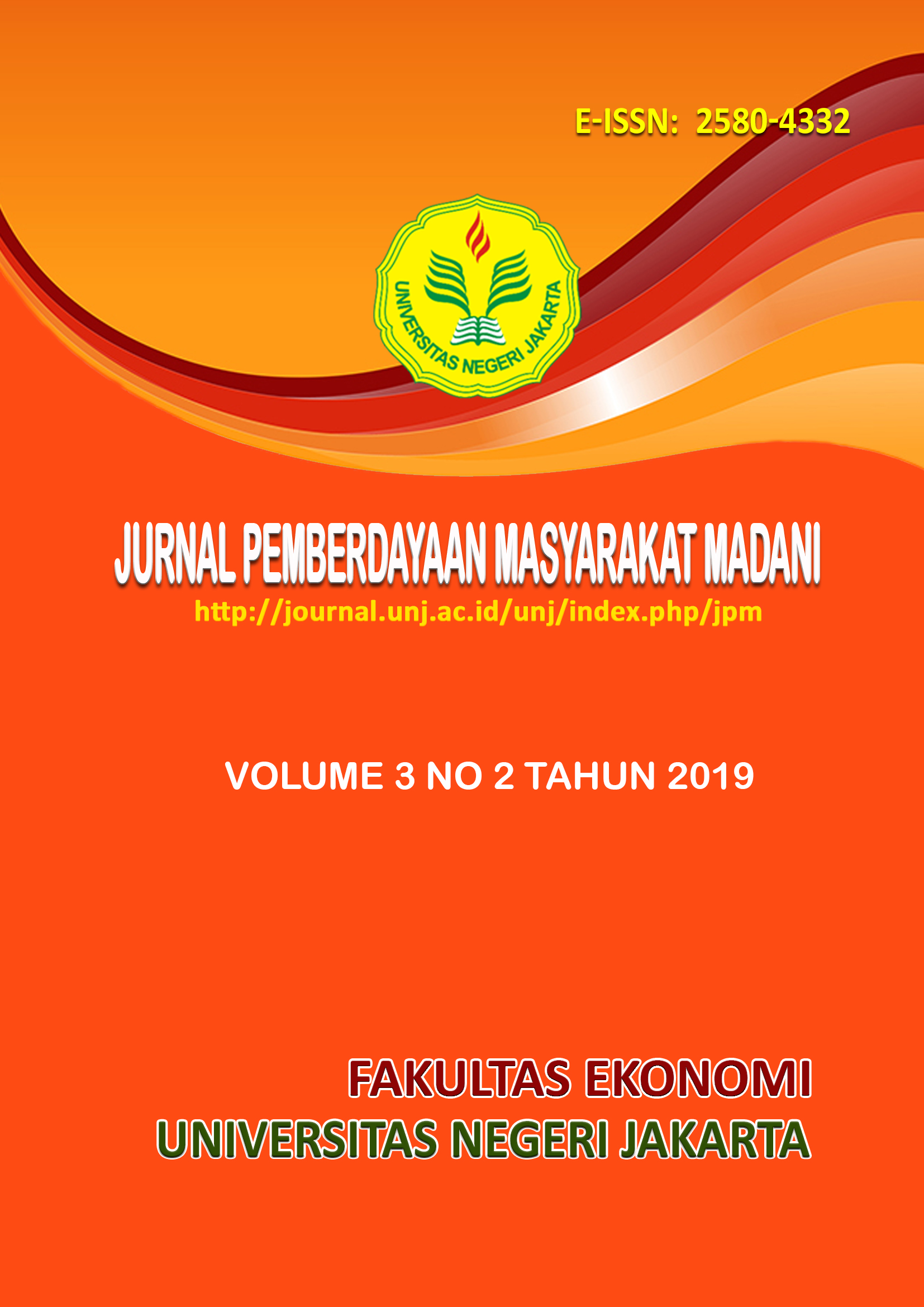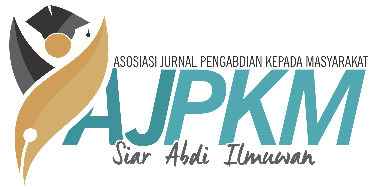The Development of Productive Unit Based on Scientific and Technology Approach for Students of Educational Technology Study Program
DOI:
https://doi.org/10.21009/JPMM.003.2.1Keywords:
Students Entrepreneurship, Digital Content, Productive UNit, Business ProcessAbstract
This service was carried out with the development scheme of the science and technology-based production unit of the study program. The purpose of this service was to create a productive division that was appropriate and correlated with the core competencies of the educational technology study program. In this service, the productive division was developed based on educational technology core competencies (i.e. facilitating learning and improving performance), and called Delta Studio. Delta Studio itself was an acronym for Digital Environment of Learning, Teaching, and Assessment Studio. Similar with the competencies of the Educational Technology Study Program, Delta Studio offered digital-based learning media production services for all groups and needs. Business activities that deployed here were carried out by students with proper guidance from the lecturers. This activity was intended to connect and empower learning outcomes that the students achieved from classroom and laboratory learning. Students who were interested in engaging in the field of entrepreneurship and digital content were involved in the client-based production process. Financial benefits were then shared with the students team who engineer the media and the productive unit. The result of this service was a productive unit that facilitated students knowledge and skills in media development.
Downloads
Published
How to Cite
Issue
Section
License

This work is licensed under a Creative Commons Attribution-NonCommercial-ShareAlike 4.0 International License.
















